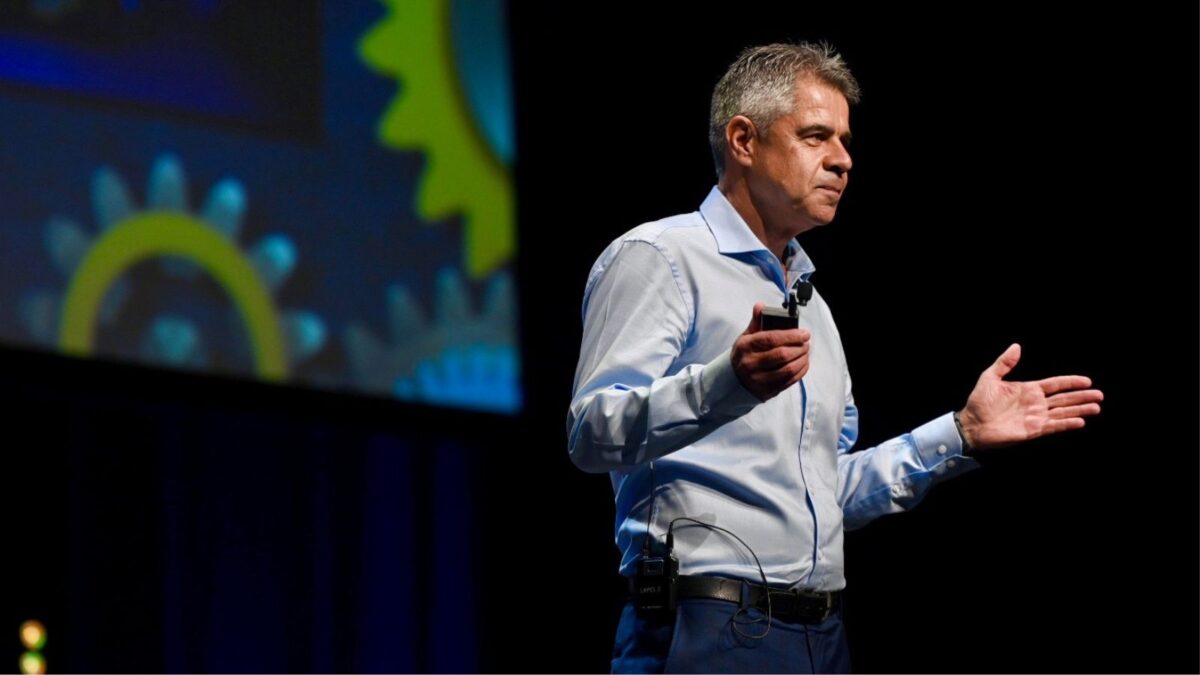‘Process over prediction’: What high-conviction teams have over their speculative peers
Forecasting is hard to get right, a fact borne out by the proliferation of active equity managers that have underperformed their relative benchmarks in the last decade or so.
But studied prognostications on the equity market aren’t the only way to beat the market. And if the aim is to beat the benchmark – which is a pretty good starting point for any active equity manager – then another method must be employed.
A core tenet of high-conviction investing is that it minimises the forecasting element to its smallest degree. By holding only a small number of companies and sticking rigorously to process in buying and selling stocks, high conviction investors avoid a host of the risk factors carried by more forecast-heavy active equity investment.
It’s a method that has seen Claremont Global’s flagship fund, which owns no more than 15 companies and returned over 14 per cent in the last decade, exactly 1.78 per cent per annum above the benchmark index (after fees). The Claremont process involves following an “evolving” list of around 100 companies globally that meet its investment criteria, and then investing for the long term rather than trying to predict or time the markets.
“We do not buy companies based on macroeconomic or political views – be it interest rates, commodity prices, industrial production or regulatory or political changes,” Claremont states. “We do not buy complex or highly regulated businesses; we do not buy turnarounds. This highly focused research effort allows us the time to focus on the three things that really matter to us.”
Those three things present as simple questions, but bely an incredible amount of research and assessment:
- What is the company’s competitive advantage and how long can it endure?
- Is the company run by honest and capable management who allocate capital rationally?
- Is the company trading at a fair price relative to our assessment of intrinsic value?
Put plainly, the process is acquiring high quality businesses at a fair price. It’s a goal that harks back to the famous maxim expressed by Berkshire Hathaway’s Warren Buffet: “It is far better to buy a wonderful company at a fair price than a fair company at a wonderful price. Time is the friend of the
great business, the enemy of the mediocre.”
It also means avoiding investment paths that lead to binary outcomes. Claremont stays away from options, leverage or derivatives to enhance returns, and eschews interest rate or economic forecasts. Commodities and unstable industries are not invested in (the average age of the portfolio companies is 80 years old), and neither are complex, fast changing businesses, ones with weak balance sheets or those operating in industries that are in secular decline.
By avoiding these factors, and limiting the forecast element of investing, high-conviction teams avoid binary outcomes and achieve more consistent returns. Less decisions are made, but they are more meaningful. And crucially, the messaging that’s conveyed to clients is clear. “There’s no ‘black box’,” says Claremont Global co-portfolio manager Bob Desmond.
Ultimately, the Claremont team believes, opting for process of prediction is about focussing on what really matters. An embodiment of that is a statement pinned to the wall, a quote from Thomas Watson, the founder of the modern-day IBM:
“I am no genius,” Watson said. “I am smart in spots and I stay around those spots.”











